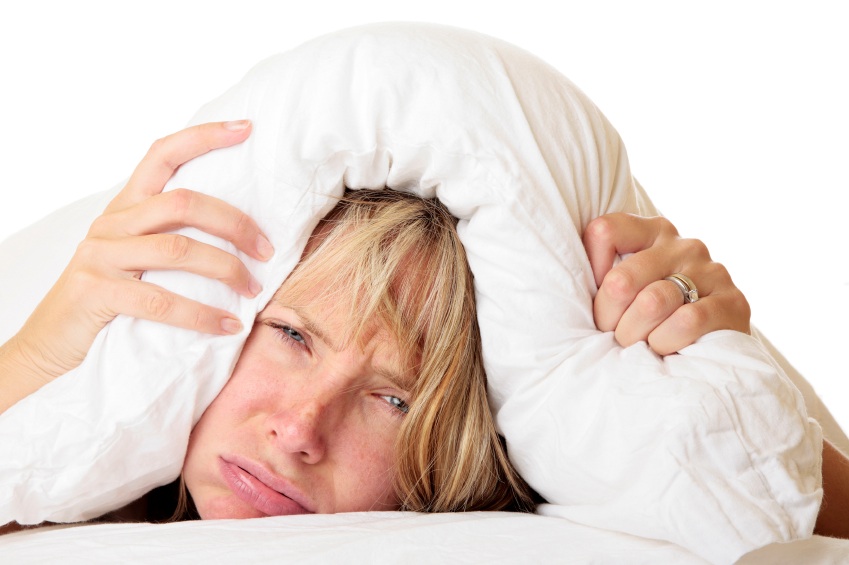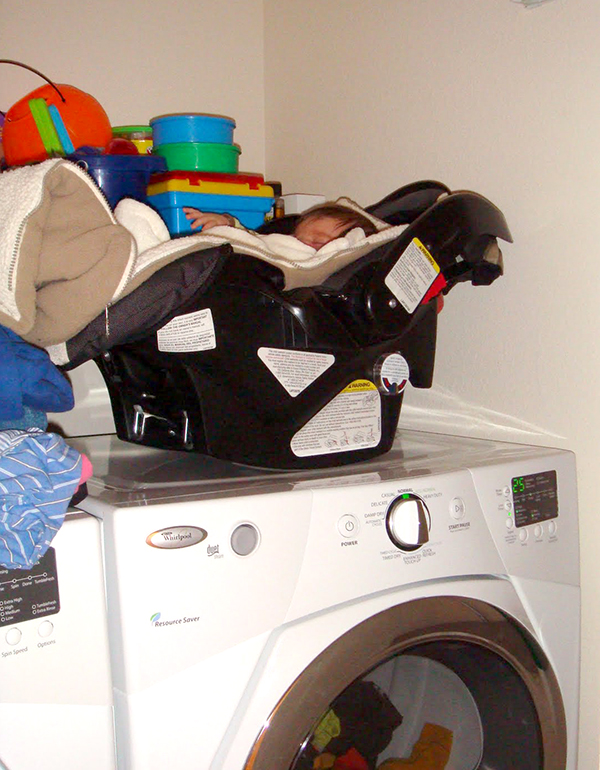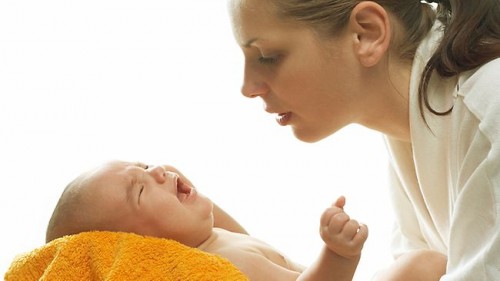Probiotics, Breastfeeding and Colic – Be Careful
For years and years it seems like “everyone knows” that eating yogurt can bring you back to normal bowel habits after a bout with diarrhea.
Most pediatricians have for a long time advised mothers to give children yogurt to “replace the good bacteria which have been washed away” when they’ve taken a long time to recover from diarrhea.
BUT, getting parents to buy yogurt with “bugs” (bacteria) in it just doesn’t sell well. The new “designer” name for it is “probiotics” – much more innocent – and expensive – sounding.
Probiotics, then, are bacteria and yeasts which when ingested are BELIEVED to have some helpful effect on the human body, usually in the direction of making it better.
These are bugs which are normally in the environment and with which many “normal” people develop a communal-host relationship on their skin, membranes or inside their gut. Yes, I said normal – the human body is far, far from sterile.
Because they are ubiquitous in the environment the FDA calls them a “supplement” and doesn’t regulate them; so, of course there are thousands of people who figure out a way to sell them – obviously at a high profit.
 Physicians get asked about them all the time, but because they are normal bugs, not considered a medication and have no or little actual, scientifically-proven beneficial effects they don’t see a lot of scientific scrutiny or studies.
Physicians get asked about them all the time, but because they are normal bugs, not considered a medication and have no or little actual, scientifically-proven beneficial effects they don’t see a lot of scientific scrutiny or studies.
When you see a report that touts the claim that probiotics cure colic – well, that one has to be taken with a whole wheelbarrow full of salt. The study done by doctors in Poland did make it in to the very prestigious, peer-reviewed US Journal of Pediatrics however.
Doctor Hania Szajewska and his colleagues from the Medical University of Warsaw in Poland compared Lactobacillus reuteri DSM 17938 (not the ‘bug’ found in yogurt) with placebo in the treatment of 80 breastfed infants with infantile colic. They reported that at day 14, for instance, 30 of 40 kids given probiotics experienced treatment success versus only 7 of 40 in the placebo group (doing nothing to help).
 They defined success as “a reduction in the daily average crying time of at least 50%.” I guess it’s like “any lighthouse in a storm” but what most parents crave is something to stop it completely. Besides we’ve already got plenty of things that work a little.
They defined success as “a reduction in the daily average crying time of at least 50%.” I guess it’s like “any lighthouse in a storm” but what most parents crave is something to stop it completely. Besides we’ve already got plenty of things that work a little.
I write about it here because it’s a good example of what parents need to watch out for when reading/listening to advice like this. This is a true example where there is a condition without any known cause or cure but which causes so much worry or fear that people are willing to ignore logic to try things that only “might” work.
That’s ok really as long as whatever is being touted, first – doesn’t do ANY harm, and second – doesn’t make the tout’ee rich. There really were a lot of problems with the design of this study and it didn’t really prove anything definitively; but, it is being heavily used by marketers with exorbitant claims even beyond the authors intent (who did disclose a financial relationship with industry).
Why did it get published in “the” pediatric journal? My guess is because they evaluated that neither giving the placebo nor the “probiotic” caused any harm; and, it was novel enough to be talked about – sort of like honey being a better cough syrup than dextromethoriphan.
You’ve got to keep in mind that most of us pediatricians really have no definitive treatment for something where no one has even discovered a cause. AND, this is one condition where we advise many seemingly odd things to “try” including taking the baby for a drive in the car and sitting their infant seat on top of a running clothes dryer.
Going for a car ride, frequent burping, being propped upright, a back rub, eating bugs, riding the clothes dryer– it’s all good.
[Source: Journal of Pediatrics, 2012.]

